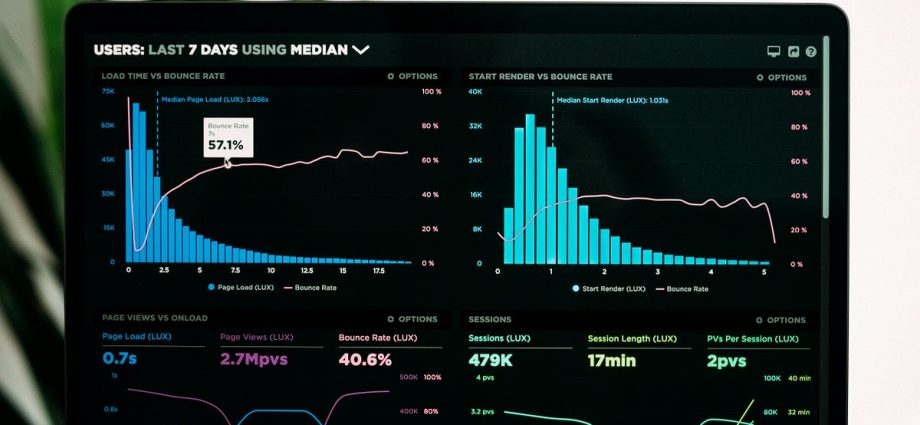In the world of investing, success is not limited to simply following market trends. It is equally important to devise the right strategies, make careful and informed decisions in the face of market uncertainties, and understand the broader economic conditions that shape financial markets. In this blog, I will delve into various market trends, investment strategies, and financial evaluations, covering stock investments, economic policies, China’s economic situation, and global markets.
Stock Trading and Investment Strategies: Personal Experiences
Investment discussions often begin with personal experiences, as they offer insights into how individual investors make decisions. In the realm of stock trading, my personal experiences, coupled with Warren Buffett’s recent performance — showing a modest return of 1.3% in recent years — indicate a shift in investor attitudes. Despite Buffett’s historically successful track record, the current low returns have caused uncertainty and a lack of confidence among investors. In this context, investors are looking toward alternative investment avenues, such as real estate, which have the potential for higher returns, though they also come with increased risk.
In particular, the real estate market in Turkey has become an attractive area for investment due to rising demand and significant value appreciation. Real estate investments are often considered less volatile compared to stocks, which makes them an appealing choice for many investors who seek stability and steady growth.
Trump’s Economic Policies and Global Markets
The trade tariffs implemented by former U.S. President Donald Trump have had a significant impact on international trade, especially between the United States and China. These policies had immediate short-term effects, including stock market volatility and panicked selling in certain sectors. Trump’s Treasury Secretary’s financial strategies further shaped the economic landscape, introducing new dynamics to the U.S. and global economies.
These trade wars not only affected the U.S. but also had ripple effects on the global economy, threatening the stability of international trade. As a result, investors need to be aware of these political dynamics and adjust their investment strategies accordingly, particularly in sectors that may be most vulnerable to trade disruptions.
China’s Economy: High Debt Levels and Economic Struggles
In recent years, China has significantly expanded its economy, but this has come at the cost of high debt levels, with debt reaching as high as 330% of its GDP. This alarming debt ratio has raised concerns among economists globally, as China’s financial structure has substantial implications for global markets. The ongoing trade tensions with the U.S. have exacerbated China’s economic weaknesses, further emphasizing the vulnerability of its economic system.
Comparing China’s debt to the U.S.’s relatively lower debt-to-GDP ratio of 170% highlights the scale of the issue. This high debt burden is a key factor that investors must consider when assessing the stability and sustainability of China’s economic growth. If China’s economic situation continues to weaken, it could have widespread repercussions for global markets, making it essential for investors to carefully evaluate their exposure to Chinese markets.
Implications for Investment Strategies
As global markets face these ongoing challenges, it is crucial for investors to adjust their strategies accordingly. Diversification remains one of the most effective ways to mitigate risks, particularly in uncertain times. Expanding portfolios to include a mix of stocks, real estate, and commodities can help reduce vulnerability to market volatility. Furthermore, investors must remain informed about political and economic developments, as changes in policies — such as trade tariffs, interest rates, and fiscal strategies — can have profound effects on market dynamics.
The ongoing economic shifts also present opportunities. For example, as traditional stock returns diminish, investors may turn to alternative sectors like real estate, technology, or renewable energy, where growth potential may be higher despite the inherent risks.
Conclusion
In conclusion, the current financial landscape is shaped by a multitude of factors, from stock market trends and economic policies to global trade dynamics and national debt levels. As investors navigate these complexities, it is vital to remain agile and informed. A combination of diversification, careful risk assessment, and staying updated on political and economic shifts will be key to making successful investment decisions in the years to come.
By staying proactive and adjusting strategies based on both global and local economic conditions, investors can better position themselves to take advantage of new opportunities while minimizing potential risks. The market will undoubtedly continue to evolve, and those who are prepared will be in the best position to succeed.


